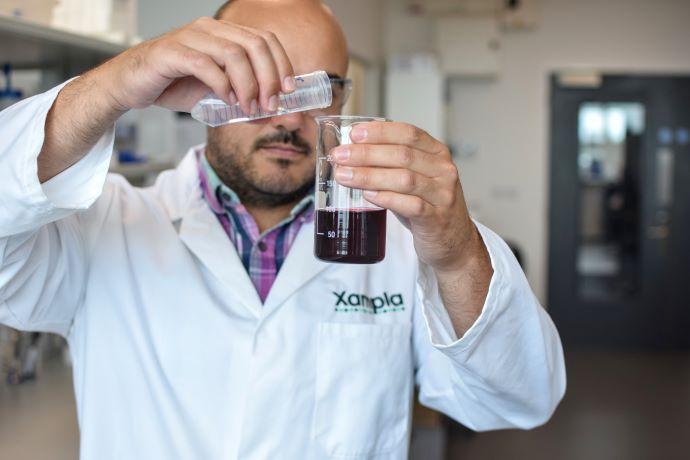- Xampla and the Quadram Institute have secured grant funding to advance probiotic microencapsulation technology
- The grant is funded by Innovate UK and the Biotechnology and Biological Sciences Research Council (BBSRC) as part of the Diet and Health Innovation competition
- This technology has been proven to enhance enteric release in the small intestine, providing a solution for the industry to incorporate probiotics into a wider variety of products
The grant will see Xampla and the Quadram Institute, a food and health research centre, collaborate on developing cutting-edge probiotic microcapsules aimed at improving gut health.
Based in the Norwich Research Park, the Quadram Institute is home to world-leading researchers, academics, and NHS clinicians with a mission to deliver healthier lives through innovation in gut health, microbiology, and food.
Probiotics are highly sensitive to factors such as oxygen exposure, pH imbalance, and pasteurisation, making it challenging to maintain their viability from production through shelf-life and digestion.
Traditionally, the industry has been limited to the products they can add probiotics to, and the strains they can use. Xampla’s microencapsulation technology will protect probiotics throughout manufacturing, transit, and storage, ensuring they reach consumers with full efficacy.
This innovation aims to extend the shelf-life of refrigerated and ambient probiotics while ensuring enteric release once consumed, maximising health benefits.
Xampla’s microencapsulation technology has proven effective in protecting vitamin D in fortified drinks for Britvic, a leading soft drinks company. This technology ensures product stability even under challenging conditions, such as sunlight exposure.
The global probiotics market is expected to see rapid growth in the coming years, projected to increase from £77 billion in 2024 to £170 billion in 2030.[1] This surge in demand underscores the importance of innovative solutions, which address key challenges in probiotic delivery and offer new opportunities for product development and consumer health benefits.
Backed by 15 years of research at the University of Cambridge, Xampla is recognised for pioneering the development of the world's first natural plant polymer materials for commercial applications.
Professor Arjan Narbad and his translational microbiome research group in the Quadram Institute will bring their expertise in studying the microbial ecology of the gut and its microbiome to the project. Using state-of-the-art facilities they will model and measure how microencapsulated probiotics in various consumer products impact the microbiome.
Alexandra French, CEO of Xampla, said: “Our nutrient microencapsulation technology has already demonstrated remarkable success in encapsulating sensitive compounds such as vitamins. With this grant funding, we aim to advance the probiotic market by ensuring that vital ingredients for gut health can be seamlessly integrated into everyday products.”
Dr Roberto Zanchi, Head of Business Development and Commercialisation at the Quadram Institute said: “We are thrilled to collaborate with Xampla to broaden its microencapsulation technology specifically for probiotics. This partnership will drive forward advancements in improving shelf-life and viability of probiotics, enhancing their efficacy and ultimately improving health outcomes for consumers.”
For more information, please visit xampla.com.



